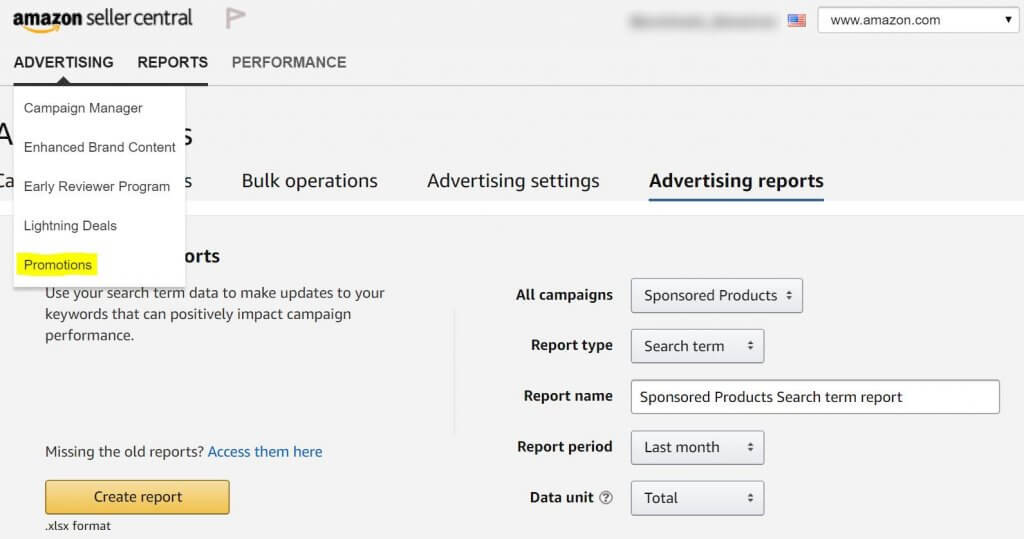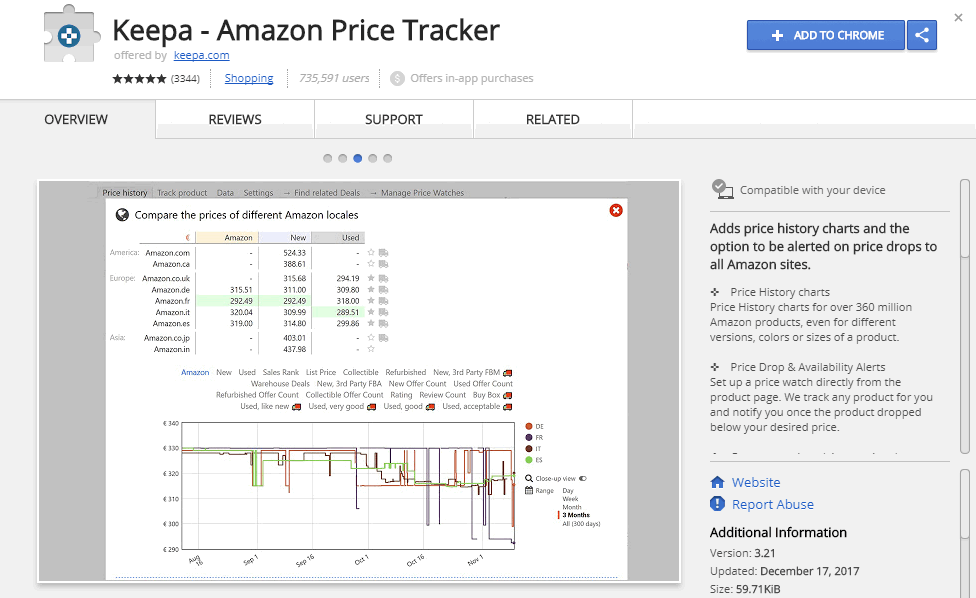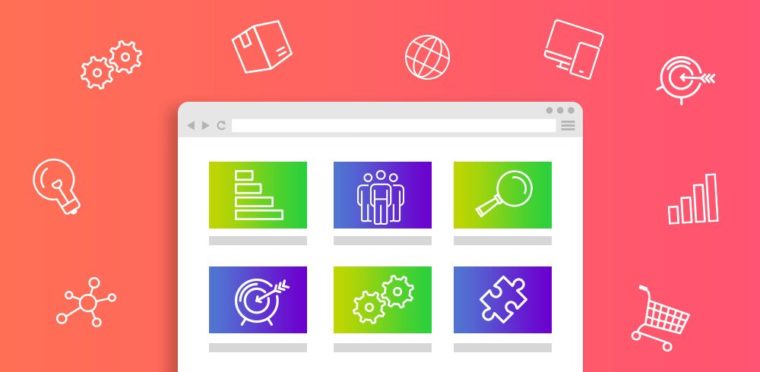
Ask your family and friends for recommendations when you are looking for a mall, outlet or store. They might be familiar with the best places and routes to shop. Some may even know the best outlet stores to shop at. This will help you find something that fits your schedule. Check out local outlets if you're on a strict budget. These tips will help you save money on your shopping trips.
Soho
Soho is an area that offers trendy shops within walking distance. It has been a popular shopping district in Manhattan for decades, and offers great connectivity to other parts of the city. Soho is an area that's a hub of creativity. It also has great commercial space. It is worth taking a stroll through the Soho area to get a feel for what it is all about. You can read on to discover the best places to shop Soho.

Soho is the hippest neighborhood in NYC, which means you can find high-end designer labels and affordable street fashion in this fashionable area. Burberry and Chanel, as well as Acne, have high-end stores in Soho. You can also find the latest skinny jeans here and stylish home decor at Acne. The Alexander Wang flagship store opened in the area in 2011, and features white marble interiors and black leather couches to match the trendy, eclectic ambiance.
Many pop-up restaurants and bars can be found in the Soho neighborhood. These temporary spaces enable businesses to profit from the high foot traffic of this trendy neighborhood. There are many iconic street locations in this district, including Broadway. There are many pop-up spaces available to rent on Broadway. These pop-up locations are available for rent on Broadway at a cost that varies from one location to another, but it is usually $2,500 per day. These pop-ups come in sizes ranging from 550 square foot to 5,000.
Madison Avenue
Madison Avenue's retail space has suffered a less severe decline than other Manhattan neighborhoods. The recent coronavirus epidemic has contributed to the area's decline. As a result, the area has become more difficult to maintain and lease than it once was. Retailers and landlords alike hope the neighborhood will return to its former glory. But, until then, the outlook is grim. These are five things you should remember if Madison Avenue is your destination.
Madison Avenue is the hot spot for holiday shopping. The area boasts more than 260 shops and is well-known for its fashion. Madison Avenue is a shopping district that runs from 57th Street to 86th Street. This area is designated as an "improvement District" in New York City. This district assists in keeping streets and shops safe. The Madison Avenue Business Improvement District collects funds for the maintenance and improvement of the area.

Madison Avenue is a fantastic choice for those looking for high quality retail. There are many luxury brands like Tiffany & Co., Louis Vuitton and Louis Vuitton. You will also find flagship stores of major retailers like Uniqlo and Abercrombie & Fitch. Madison Avenue is a very popular shopping area in New York.
FAQ
Are you convinced that it is important to use coupons in grocery stores?
Coupons can be a good way to save money. But, you should remember that not all coupons are created equal. It is best to match coupon prices with sales prices.
You can also stack coupons together to maximize savings. Two $2/1 coupons can be combined to make a $4/3 coupon.
What are the advantages and disadvantages of online shopping?
Online shopping is a great way to save money for both the consumer and the retailer. Online shopping offers convenience. This allows customers to shop whenever they like. There are no restrictions on what products you can purchase because you don’t have the need to go to shops to browse. There are also disadvantages. Online shoppers don't always know what an item costs before they purchase it. This could cause them to spend too much. One disadvantage is that customers may feel more secure buying from big-box stores, as they are more used to seeing products in person. Additionally, customers who order something online will not be able to return their product. Finally, brick-and/or-mortar businesses may feel the pressure of online shopping as they might lose business due to online competition.
How can you avoid fraud online with credit cards?
You should always check the statements before you purchase online credit cards. Make sure you only pay bills that you actually owe. You should check your bank statement often to verify that there are no suspicious charges. If you spot any unusual charges, immediately contact your card issuer. They will normally cancel the transaction and reimburse any money taken out.
If you feel you've been victim to fraud, you can contact your local authorities. You can also report to the Federal Trade Commission.
Do I qualify for free shipping if my order exceeds $25?
Most major websites let you order items without shipping charges. Some websites offer free shipping for certain items. To qualify for free shipping, however, you must spend more than $25. Many websites will apply free shipping automatically to your entire cart. You will need to enter the code SHIPFREE during checkout for some websites.
Statistics
- According to the Federal Trade Commission (FTC), online shopping was the fourth most common fraud category for consumers as of February 2022.5 (thebalance.com)
- An approximately 90% increase in price affords Hotel X the opportunity of extreme profits under severe circumstances. (dos.ny.gov)
- A report from the U.S. Census Bureau found that in the first quarter of 2022, an estimated $250 billion was spent on retail e-commerce sales.1 (thebalance.com)
- Last Black Friday, I bought a stove from Lowes at 40% off, receiving 24 months of interest-free financing (from Lowe's). (meetfabric.com)
External Links
How To
How to shop online safely
Online shopping is one the easiest ways to purchase goods and services. This convenience comes at a cost. While online shopping offers many advantages, there are also some risks. Identity theft is the biggest threat. Identity theft is the greatest threat. Identity thieves steal your personal information (names, addresses and credit card numbers) in order to either steal money from you, or take out fraudulent loan against your name. They then sell your stolen information on the black market. Here are some tips to help you keep your business online safe.
-
Use secure websites. Most online stores offer free SSL encryption to protect customers' information. This means any information entered into their site, such as names, addresses, phone numbers, credit card details, etc., is encrypted so only you can see it. It prevents anyone else from reading what you enter. When choosing which online store to do business with, ensure they have a valid certificate issued by a recognized CA. Look for the green padlock icon next to the URL bar when browsing.
-
Keep your password secret. When you sign up for your first account, you will receive an email asking to confirm your username and email address. These credentials must not be shared with third parties. Don't keep them in your wallet. They could also be used to access your accounts if you lose your wallet. Instead, save them on your personal computer. It is also recommended that you change your passwords at least once every three months.
-
Keep track on your orders. If you're sending items to yourself or others, make sure you keep track of where you send those packages. Many people are scammed by believing they sent something to their own address, when it was actually sent elsewhere. Always check the tracking number before you pay for shipping. Never ship anything without receiving proof of delivery. If you're unhappy with the service received, please contact the company immediately.
-
Make sure you know who your dealings with. Many websites will ask you to provide sensitive information such as your full name, date of birth, Social Insurance Number, and bank routing number. These details will help identify you, so it is important to be cautious about giving them out. Google "what is required" if you are unsure if a website requires this information. There are many ways to find answers.
-
Be wary about pop-up windows Many websites bombard you with popups advertising special offers and deals. While some ads might seem legit, others may trick you into giving out private information. For example, a fake anti-virus program could ask for your banking information, credit card numbers, and social security number. Avoid being tricked by clicking on links that look suspicious.
-
Phishing scams are to be avoided. Phishing scams use hackers to pretend to represent reputable companies and trick consumers into providing their financial information. Phishers can send emails that look suspiciously like they are from banks or retailers. They encourage users to log on and update their account information. Once your financial information has been given, hackers can take control of your finances. Hackers have the ability to empty your bank accounts or transfer money between accounts. The following resources can help you identify phishing scams.
-
Do your homework. Always read all terms and conditions before you sign up for any deal. Clear and simple terms and conditions must be included in any contract that you sign. Read through all the information carefully, and ensure you know exactly what you're agreeing to. Avoiding hidden fees and charges is key to saving money.
-
Take the time to shop around. Don't be afraid to shop around. Compare prices across many different websites until you find the best price. Also, compare shipping costs when ordering multiple items. Shipping rates can vary widely depending on which website is used. For expedited shipping, it is worth paying a bit more.